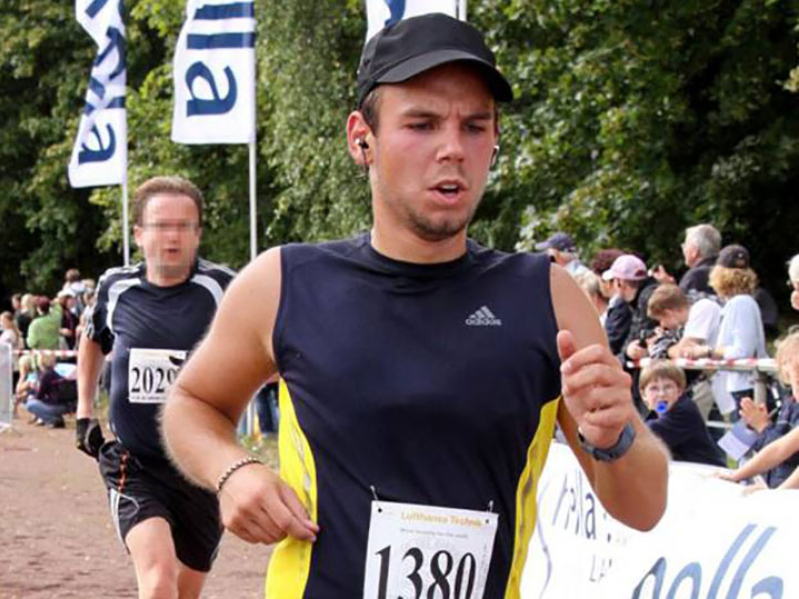
The co-pilot who supposedly crashed Germanwings Flight 9525 into a mountainside in the Alps on purpose had undergone psychotherapy due to suicidal tendencies. The pilot who tried to stop him is being hailed as a hero.
According to Andrea Thomas and Andy Pasztor of the Wall Street Journal, a German prosecutor said that the psychotherapy treatment for 27-year-old Andreas Lubitz happened before he obtained a commercial pilot license. Experts have noted that suicidal tendencies can be difficult for airlines to detect.
"A few years ago, the co-pilot had been in psychotherapeutic treatment with noted suicide risk over a long period before he gained his pilot license," Düsseldorf prosecutor Ralf Herrenbrück said.
The Wall Street Journal reported that investigators from Germany and France have been looking for clues in Lubitz's life that may have motivated his decision to lock his fellow pilot, Patrick Sondenheimer, out of the cockpit and fly the plane into a mountain. Sondenheimer's grandmother described him to Catherine E. Shoichet of CNN as a loving father.
"I am devastated," Sondenheimer's grandmother said, later asking for privacy. "His death came so sudden and it leaves my whole family in shock."
According to the Wall Street Journal, a person close to the investigation told prosecutors that Lubitz had been treated for depression and had concealed his condition from his reporter. Based on the rules outlined in Europe, the United States and other countries, pilots are "largely on their honor" to report any changes in health between medical checks.
"There probably are [members of] flight crews out there with the same mental state," industry consultant Bill Yantiss said. "The risk is out there. It could certainly happen again."
Thomas and Pasztor reported that U.S. officials have repeatedly confronted cases of pilots under severe depression and emotional instability who later killed themselves. However, all those deaths by suicide happened when the pilots were off duty.
"Prosecutors had searched Mr. Lubitz's Düsseldorf apartment on Thursday, uncovering doctor notes that excused him from work over a period covering the day of the crash," Thomas and Pasztor wrote. "His employer said it hadn't been aware of these notes."
However, prosecutors told the Wall Street Journal that the seized medical documents did not indicate that Lubitz suffered from any physical ailments. However, the co-pilot consulted with doctors about vision problems that would have drastically affected his professional career, which happened weeks before the crash.
"Lubitz's medical certificate, last renewed in July 2014, showed he had an unspecified medical condition requiring regular checks, according to Germany's Federal Aviation Office," Thomas and Pasztor wrote.
The parent company of Germanwings, Deutsche Lufthansa AG, told the Wall Street Journal that it had no information in regards to Lubitz's mental health. Privacy protection rules in Germany only allowed an airline to know if a pilot passed the prerequisite physical and mental-fitness tests for flying.
"The only medical information we get from our pilots is the annual medical check, and it's a yes or a no," a Lufthansa spokesman said.
As for Sondenheimer, CNN reported that he is being hailed as a hero for trying to stop Lubitz. French prosecutor Brice Robin noted that the cockpit voice recording had sounds that indicated "violent blows as if to break down the door."
"He must have realized what was going on," Robin said. "And if he'd been able to open the door ... the captain would have done it."






